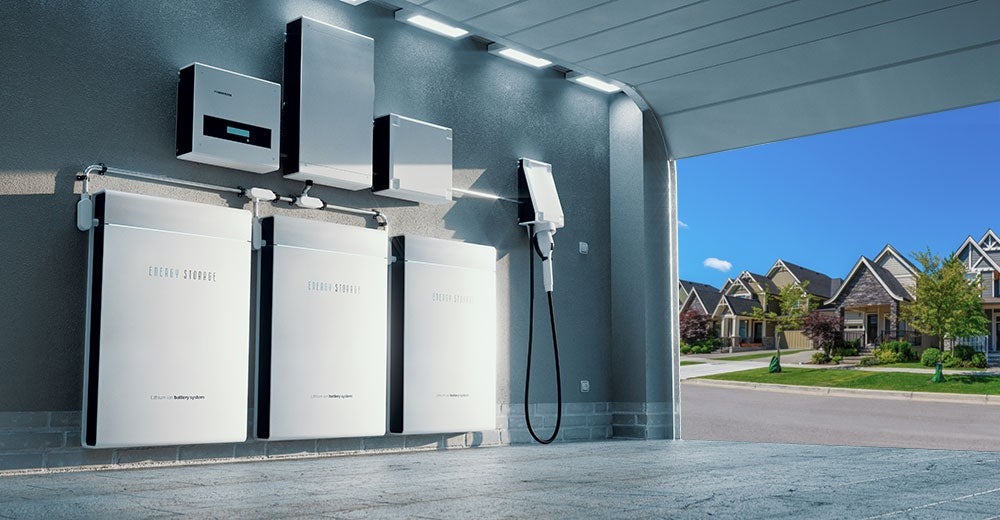Probably a dumb question, but I've done some searching and came up empty. I am finding that my little foray into solar this year is quickly expanding.
One part of this is that my new battery purchases for 2023 have increased to over 3kwh, which I didn't expect when I started. From what I can read from the IRS, "battery technology" in an "installation" over 3kwh can apply to the federal solar tax credit.
Does buying smaller batteries (100ah) at different times during the year (and put in service) that sum to over 3kwh apply, or does the IRS expect a single battery or single "professional installation" for this requirement to be fulfilled?
One part of this is that my new battery purchases for 2023 have increased to over 3kwh, which I didn't expect when I started. From what I can read from the IRS, "battery technology" in an "installation" over 3kwh can apply to the federal solar tax credit.
Does buying smaller batteries (100ah) at different times during the year (and put in service) that sum to over 3kwh apply, or does the IRS expect a single battery or single "professional installation" for this requirement to be fulfilled?





